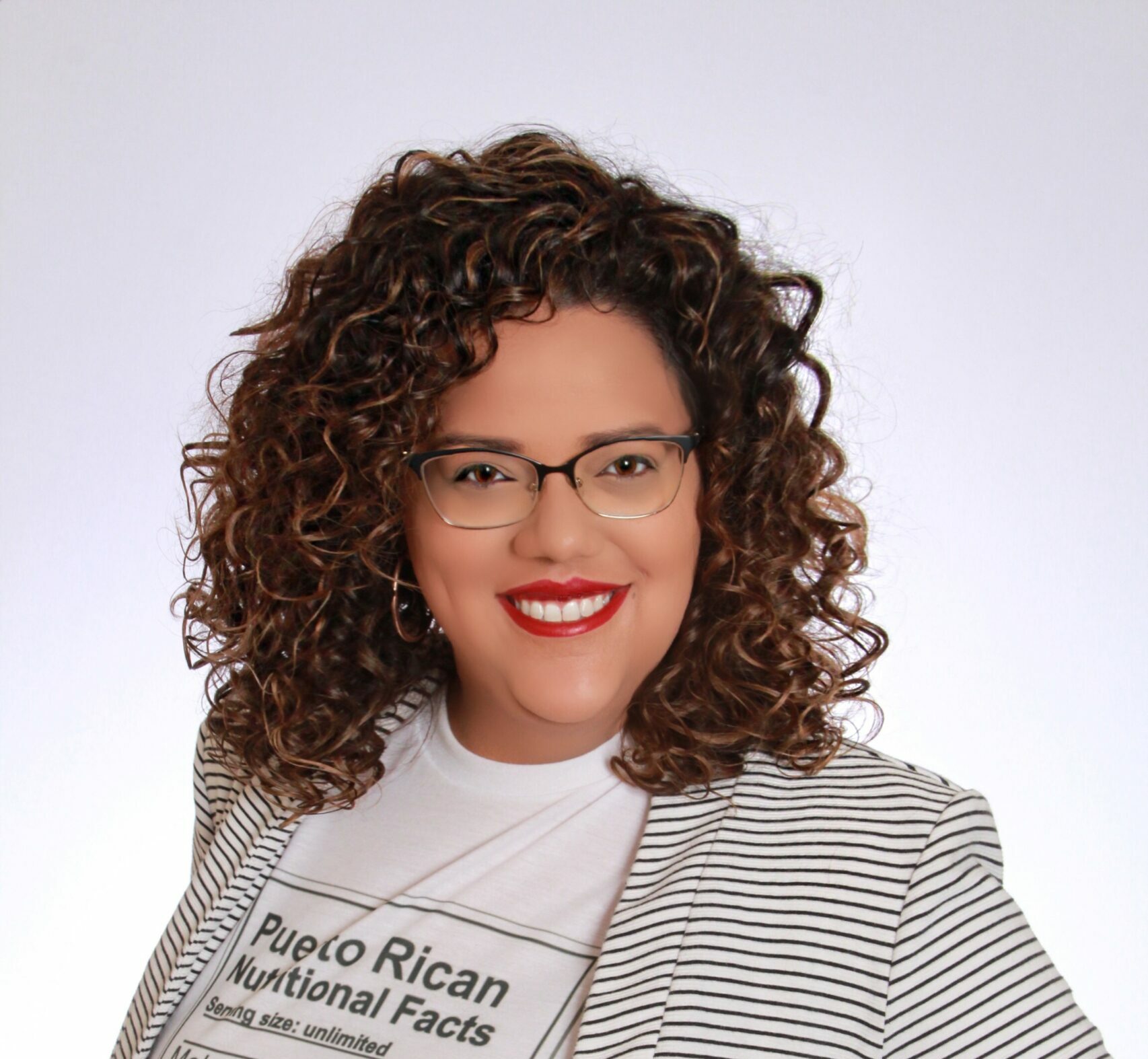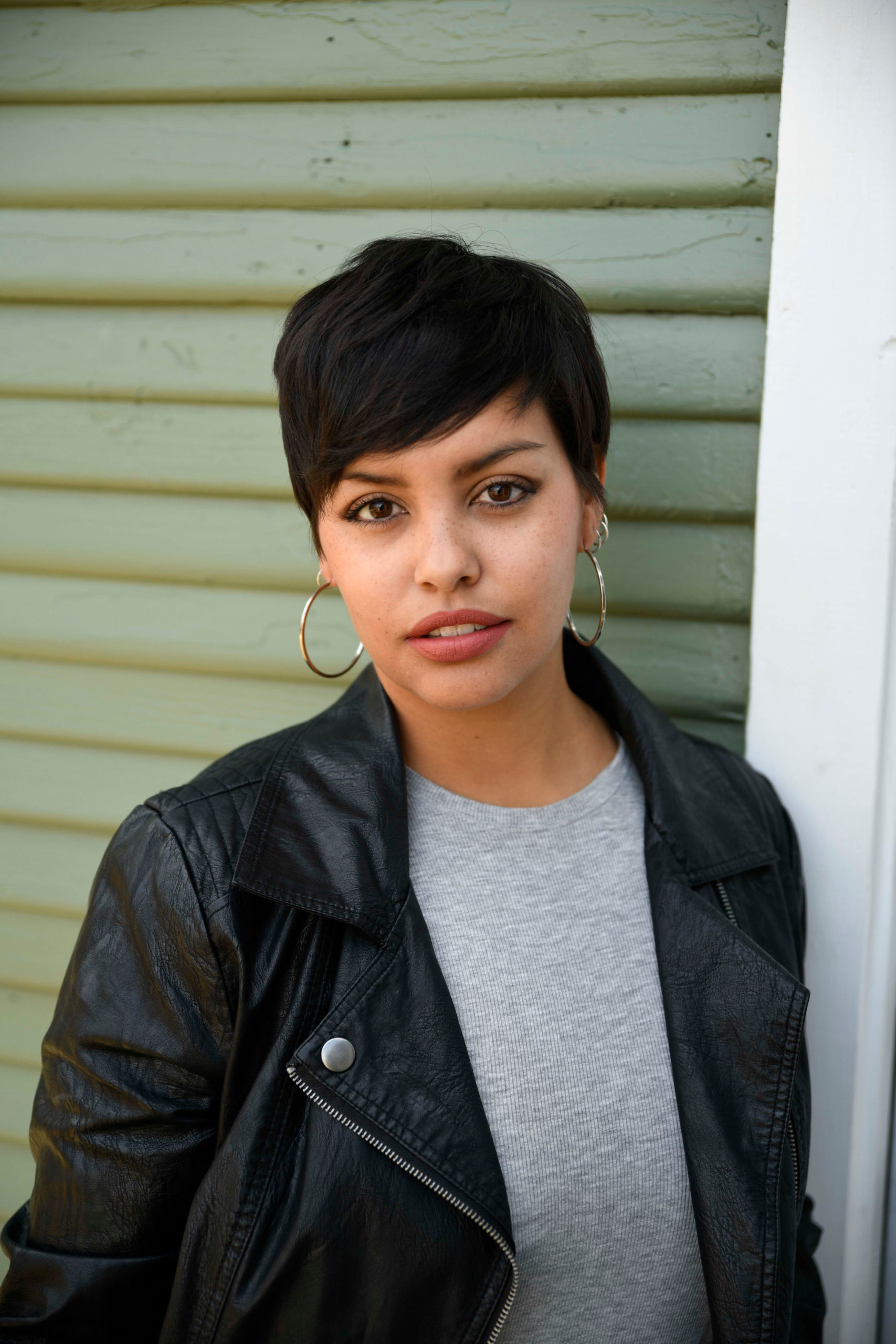
by Michele Kirichanskaya | Oct 9, 2023 | Blog
Natalie Caña writes contemporary romances that allow her to incorporate her witty sense of humor and her love for her culture (Puertominican whoop whoop!) for heroines and heroes like her. A PROPOSAL THEY CAN’T REFUSE is her debut novel. I had the opportunity to...

by Michele Kirichanskaya | Jul 17, 2022 | Blog
Alex Temblador is the Mixed Latine award-winning author of Half Outlaw and Secrets of the Casa Rosada, which received numerous industry accolades including Kirkus Reviews’ Best of YA Books 2018 and the 2019 NACCS Tejas Foco Young Adult Fiction Award. She is a...




